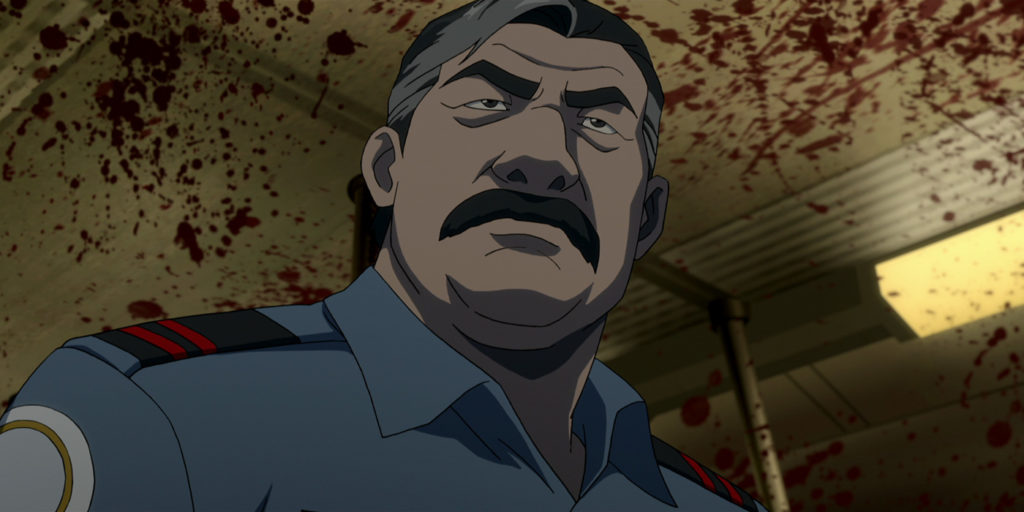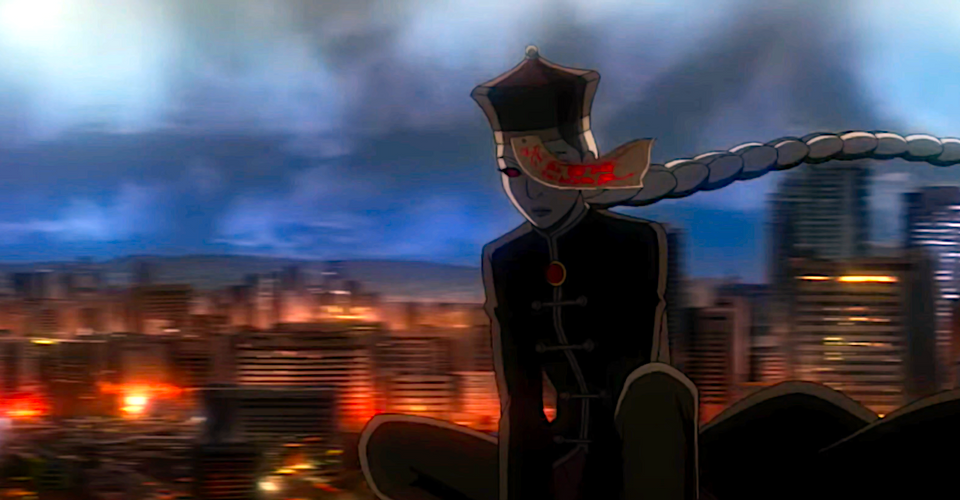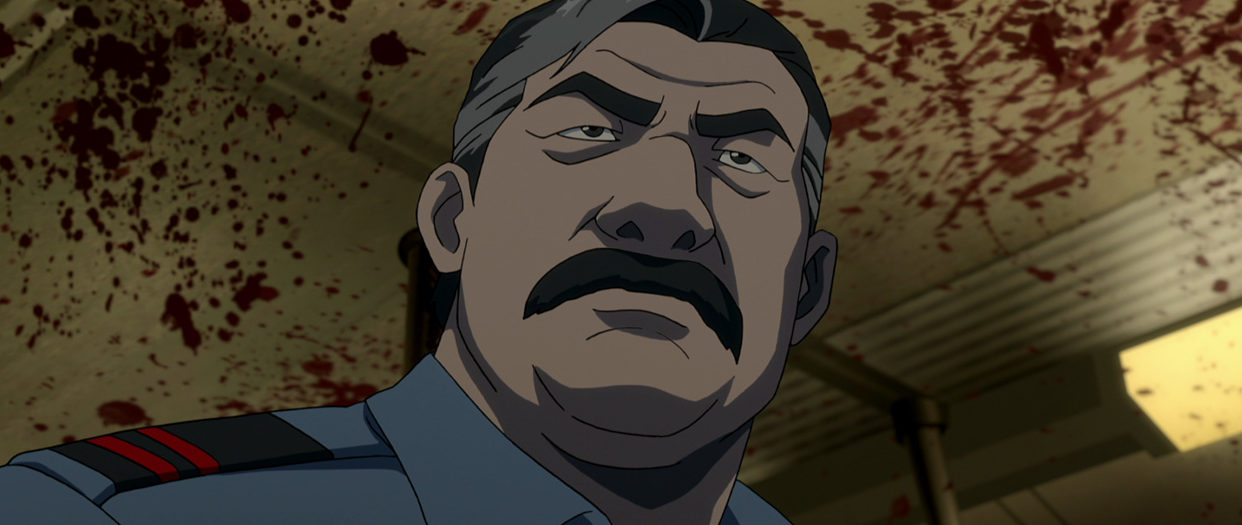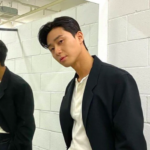Trese, the new Netflix anime that combines the world of urban Manila and Philippine mythology, has taken the world by storm. It is currently the #1 watched series on Netflix in the Philippines, and has entered in the top 10 watched shows in 19 different countries.
The show, which is based on the original Filipino comic series by Budjette Tan and Kajo Baldisimo, also tackles relevant Philippine issues and tries to delve into the current political climate.
Our main character is Alexandra Trese, a detective who deals with supernatural crimes, being the only human available that has a special connection to the underworld filled with mythical creatures.
A character known as Captain Guerrero is a policeman who calls on Alexandra whenever there is a crime scene that is unsolvable by human standards. He is similar to Commissioner Gordon, who looks to Batman for help whenever there is a problem that is beyond his ability.
However, because of this character, debates have sparked online regarding what message Trese tries to portray.

(Spoiler Warning for Episodes 4 and 6)
On the show’s fourth episode, cops arrest a supposedly unruly drunk, and is detained inside police headquarters. Guerrero sees his cops treating the prisoner badly by using unnecessary force and tells them to stop, which is met by disdain from the said cops.
He tells the prisoner, “I’m sorry about my men. We’re all assholes here, but I’m trying a lesser one, if you can believe that.”
Later on in the episode, it is revealed that the prisoner had summoned zombies to attack Guerrero’s police headquarters – an act of revenge for his brother who was shot by cops a few years back.
These are a few notable lines the prisoner says:
“None of you cops are saints. The ones who gunned down my brother sure ain’t.
“We’re not people to you, just numbers, statistics. If you really gave a damn, you would put names to all our faces.”
Captain Guerrero responds to this by naming those his people have killed, and asking for the prisoner’s name as well, in an effort to sympathize and connect with the character.
This episode clearly shines light into the reported brutal drug war occurring in the Philippines, in which police brutality get news prominence but with seemingly little consequence for alleged perpetrators.
Many people on social media found the episode to be relevant and impactful.
Trese calling out the police brutality happening in the Philippines.
ill say it again until justice has been serve to those innocents,#EndPoliceBrutality #StopTheKillingsPH pic.twitter.com/hKF4E0yvyk
— amaryl.🍉 (@yokaaaaaai) June 12, 2021
I love how Trese producers and directors included police brutality here in Philippines in the animated series. ✋🏻 it's a big issue that needs to be addressed.
— zihao (@baoziann) June 11, 2021
While others found the character of Guerrero being a “good cop amongst the bad” as quite distasteful in a country brimming with police brutality. In addition, the mere fact that Trese had been working with police throughout the series didn’t sit well with others. The series tried its best to humanize the character, although it might not be convincing for many.
not this police from trese saying "tarantado kaming lahat dito pero iniiwasan ko na yon." tarantado po kayo. period.
— katrína *✧・。:*・゚★。・☆ (@akrvitor) June 10, 2021
i loved Trese. except siguro doon sa 'not all cops' narrative, it's good. 😬
— 𝙱𝚕𝚊𝚗𝚌𝚑𝚎 (@blanchezabat) June 14, 2021
not the cop propaganda in trese
— barbie champagne (@krstnjpg) June 11, 2021
Not only does the show discuss police brutality, but also throws shade on Philippine politicians with the character of Mayor Santamaria making deals with aswang in exchange for power, as shown in the first episode. As a person thirsty for power, he becomes a major villain nearing the finale.
On another note, Trese’s post-credits scene in its final episode sets up an interesting story for its second season. It had deviated from the original comics by introducing a new villain, seemingly a Chinese mythological creature known as a “jiangshi.”
Could this be an attempt to create a parallel with real-world events, in which there are many conflicts with China and the Philippines? That can only be answered if a season 2 is given the green light in the first place.

Despite all of this, Trese comics creator Budjette Tan apparently had no intention of “making a statement or an agenda,” according to the BBC.
He says, “it is interesting to see how people suddenly relate to something that happened just yesterday. We wrote the story 15 years ago and somehow – whether that’s good or bad – it still seems to be relevant today,”
It seems that the true political message of Trese is up to audience interpretation, but one thing is certain— unlike the fictional world of Trese, one person does not have the ability to create radical change in the world. It is all up to us, the masses, to create change for the better.
________
DISCLAIMER: All views and opinions expressed in this post are solely those of the contributor/s and do not represent those of InqPOP! and INQUIRER.net. The InqPOP! staff assumes no liability for any error in the content of this material. Got something you want to share to the world? Get a chance to publish your awesome creations and share it to the world through our InqPOP! Creator Community program. Send us your stories, videos, photos, fan fic, and even fan art at pop@inquirer.net
For more details, read the POP! Creators FAQ page.



